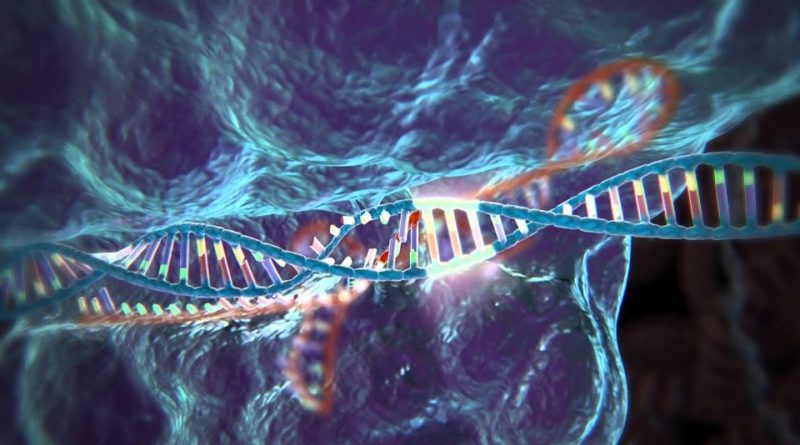CRISPR Turns off One Gene to Increase Crop Yields by 10%
[Please note that this page contains affiliate links. If you choose to purchase after clicking a link, I may receive a commission at no extra cost to you.]
Turning off just one gene in rice or corn may increase crop yields by as much as 10% — showing a straightforward way CRISPR can help people feed a fast-growing population.
60% More Food Needed by 2050
The United Nations suggests we will need to increase our food production by more than 60% by 2050 to satisfy the needs of the world’s growing population.
Although we are already utilizing most of our high-quality farmland, climate change may make it more difficult for farmers to boost crop yields on the land that is still available.
35% of Global Calories are from Rice and Corn
Over 35% of calories consumed globally are from rice and corn, and scientists from Germany and China may now have discovered a way to get each ear of corn and stalk of rice to grow more food.
The researchers looked for genetic variants from modern corn, which has 14 rows of kernels, and the wild ancestor named— teosinte — which only has two rows.

They found a gene that restricts kernel production from a protein called WD40. Then, utilizing CRISPR, they turned off the gene, and when the researchers grew the GMO plants in testing trials, the corn crop yields came above 10% than in the non-GMO controls.
After the researchers found a comparable gene in rice, they tried turning it off, too, and the plants had produced 8% more grain in the testing trials.
It may not seem like much, but it is an unbelievable boost from turning off only one gene. Corn contains over 30,000 genes; rice includes tens of thousands more than that.
The Future of GMO Food
Researchers were able to turn off these genes in standard variations of rice and corn to increase crop yields. However, the scientists suggest we may add their newly found genes to the wild versions of the plants because they are a lot less productive and more resistant to climate change.
Researchers may try re-domesticating the wild plant versions, which would increase crops’ genetic diversity and make the food supply more vigorous while still growing enough food to feed the billions of people.

